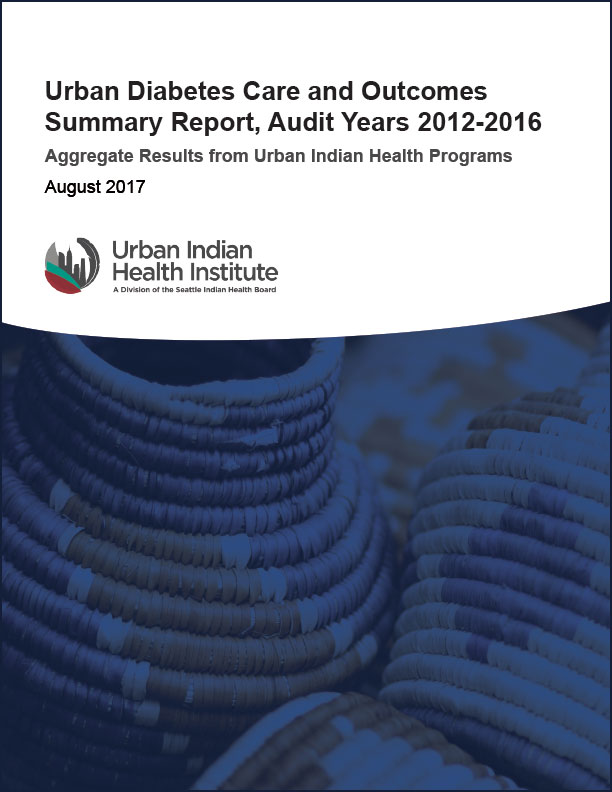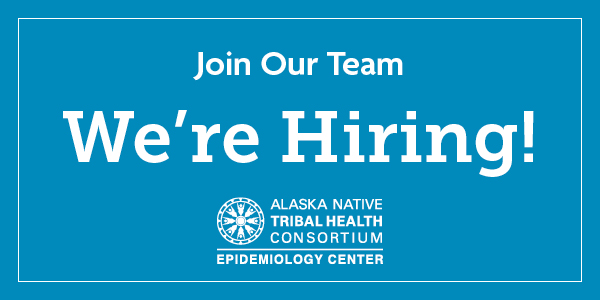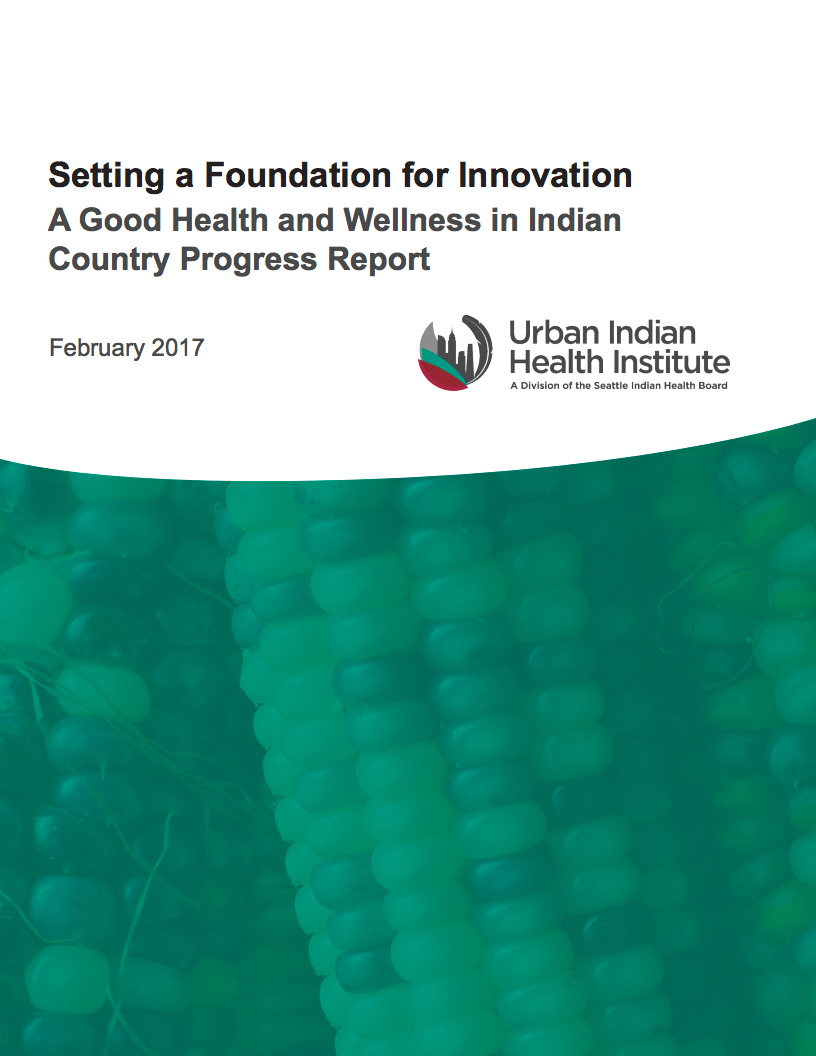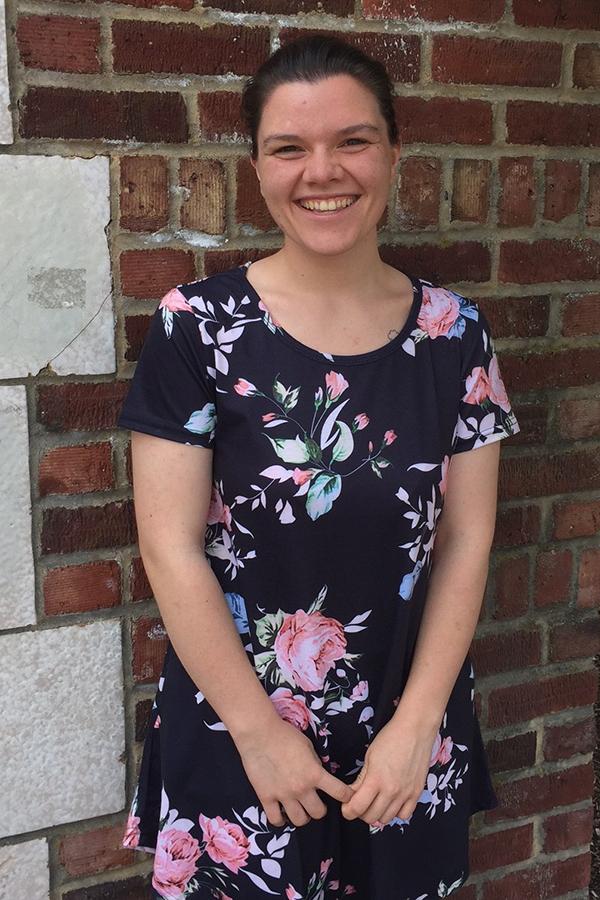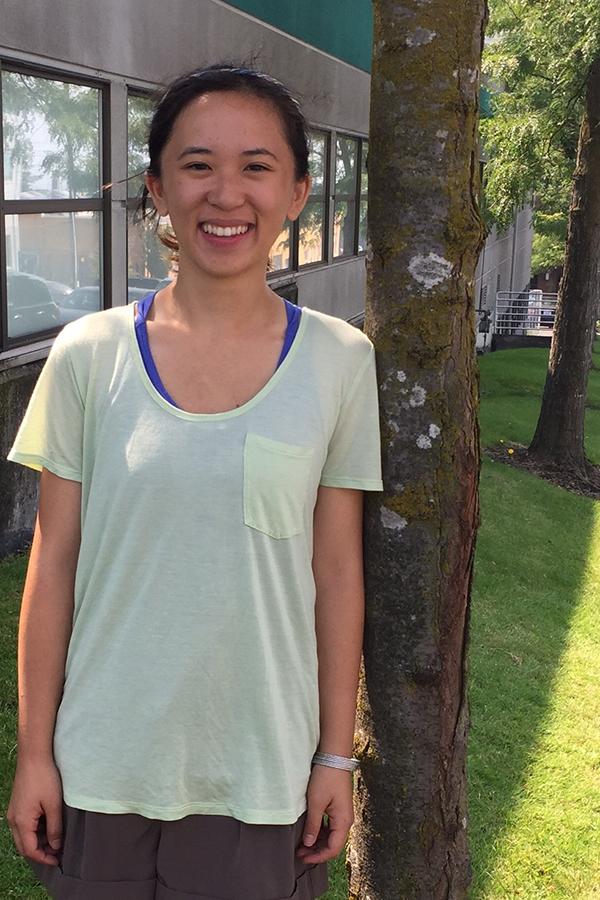The summer of 2017 brought a set of super star interns to the Urban Indian Health Institute. This is a short introduction to our intern trio but you can read the full bios of each of these amazing women on our website. Alexa Fay, Katherine Ly, and Alyssa Longee made it possible for the UIHI to analyze more data and develop new materials and media for American Indian and Alaska Native communities than expected this summer. Thank you, thank you!
Alexa Fay is a student at Washington State University majoring in Nursing – after graduation, she plans to work as a community health nurse, with an emphasis on serving immigrants and other minority groups. Her main project at the UIHI has focused on Communities of Practice (CoP), and investigating how they can be used for American Indian and Alaska Native communities as well as in public health. Through the project, she has created a literature review summarizing Communities of Practice and their presence in different types of communities, and a toolkit outlining important steps to assist organizations in establishing and maintaining culturally-sensitive CoP.
Katherine Ly is pursuing a Masters of Public Health at the University of Washington in Environmental and Occupational Health and a Global Women, Adolescents, and Children certificate. She received her Bachelor’s in Neuroscience & Behavior and Science in Society from Wesleyan University. She is interested in the interface between science and population health and is a motivated by her family and neighbors to explore cross cultural care in addressing health disparities. Her summer practicum project focuses on food deserts and food sovereignty movements in Washington State. She is completing a literature review on the history and emergence of food deserts and food sovereignty and their implications for food security and health in AI/AN communities. A Story Map of successful food sovereignty movements and food desert maps in Washington will be created based on the info she gathered. She is also helping to update Community Heath Profiles.
Alyssa Longee is a member of the Sisseton Sioux division of the Fort Peck Reservation and a senior at the Washington State University College of Bachelor of Nursing program. She is driven towards pursuing her doctorate degree following graduation and working as a Nurse Practitioner. Her experience at the UIHI allowed her to explore ways that she might contribute to the improvement of health care and reducing the prevalence of health disparities among the AI/AN population. She worked with UIHI staff and leadership on a variety of projects including construction of the Good Health and Wellness in Indian Country (GHWIC) ArcGIS interactive Storymap. Alyssa reviews evaluation reports, success stories, projects and data collected from GHWIC grantees and composes summaries along with multimedia products such as videos, photos, website links, brochures and other materials to showcase the many success stories. She has also been reviewing literature on social networks methods to identify ways to make visible the role of building key partnerships in GHWIC health promotion efforts.

Read their full bios on the UIHI
website.
Email or call us at (206) 812-3030 if you are interested in interning at the UIHI!

